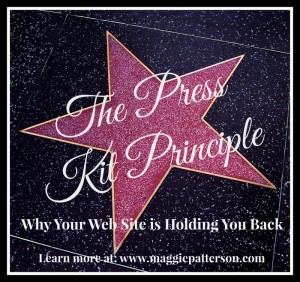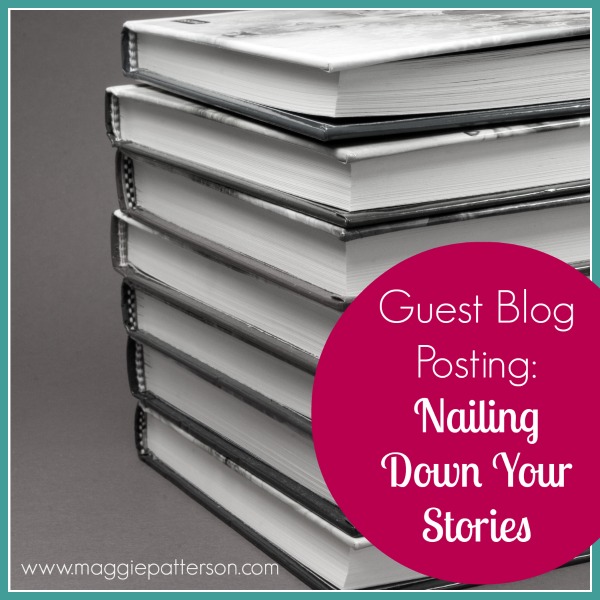Things are going well in your business, but something seems to be missing. Something, but you aren’t sure what, is holding you back from the next big thing. A new partnership, client or direction.
Let’s say you are a life or health coach. It’s no big secret that the coaching market is pretty competitive. You are feeling like the best kept secret in your industry as you’ve got happy clients and major experience. But there’s another coach
or someone you look up to that seems to get all the attention. Let’s call this person your business nemesis. (And don’t pretend you don’t have one, we all do and it’s totally normal.)
Ever wondered why your nemesis gets guest posts, podcasts appearances, telesummits, and more? First because they ask, they are open and then extend themselves. You simply cannot wait for people to come to you.
But reason number two, especially if you are starting to put yourself out there…is your web site. It may be hard to hear, but your web site may be majorly dropping the ball.
Your Web Site Isn’t Just for Your Clients
While your web site is there to serve your customers, it needs to serve a critical secondary audience that most coaches overlook – media and industry influencers.
Yes, you need to woo your clients when they visit your web site but you also need to be wooing media, influencers, show organizers and everyone else who can help you reach your goals.
Enter the Press Kit Principle
Quick history lesson. Back in the day before the interwebs were the way to do business, companies used to put together press kits as a way to sell their client. As a junior PR person doing primarily media relations back before email was all the rage, let me tell you, I sent a lot of press kits, created a lot of press guides and faxed a lot of press backgrounders.
Press Kits were the way we’d sell stories and our clients to the media. It was a single place for them to get the info they needed.
Fast forward to 2013. Press Kits have largely been replaced by web sites as information can be accessed in a few clicks. All that stuff that we used to but in the press kit needs to be on your site.
Your web site is your press kit.
Every single time you connect with people online or in person, they are going to check you out.
BAM! 10 seconds to make an impression.
If you are out there pitching yourself, media are going to look specifically for a few things and decide in a split second if you are worth talking to or not. If you are credible or not. In that second, your fate relies on your web site.
The Press Kit Principle: Straight Up Human Psychology at Work
We are trained from the time we are born to make snap judgments. We make them all day long without even realizing it. Some experts estimate that the average person makes 612 decisions every single day. (Thank you Ask.com)
There’s a lot of things that go into each decision from experience to intuition. The reality is that while you may truly be the expert on an issue, your web site visitor is going to make a decision based on their own biases and assessing limited information.
If you don’t cover all your bases, you aren’t going to make the cut, regardless of how good you may be. Your business nemesis who gets all the attention is beating you by providing better information.
Aside from your actual design, you are going to get judged on a number of things which make up the Press Kit Principle:
- Your Home Page – Do I know what they do? Are they credible?
- Your About Page – Who do you work with? Are they experienced?
- Your Media/Speaker Page – Where have the been featured? What areas can they address?
If you nail these you’ll be ready for primetime. By applying the Press Kit Principle, you greatly improve your chances of making the cut and securing the opportunities you need to build your business.
When a blogger, influencer, journalist, producer or show organizer arrives, they can decide in seconds flat that you are an expert. You tick off the boxes which say you are a good person to work with.
Right or wrong. It’s true. Pay attention to how fast you make judgements next time you land on a web site. See? You don’t even realize it. It’s primal. That’s what people are doing to you and you can’t afford to make a bad first impression when you are out there hustling.
Ready to learn more? You can get the Press Kit Principle Guide for free below or you can book a consult your strategy call to talk about how we can work together to apply the the principle to your website.






